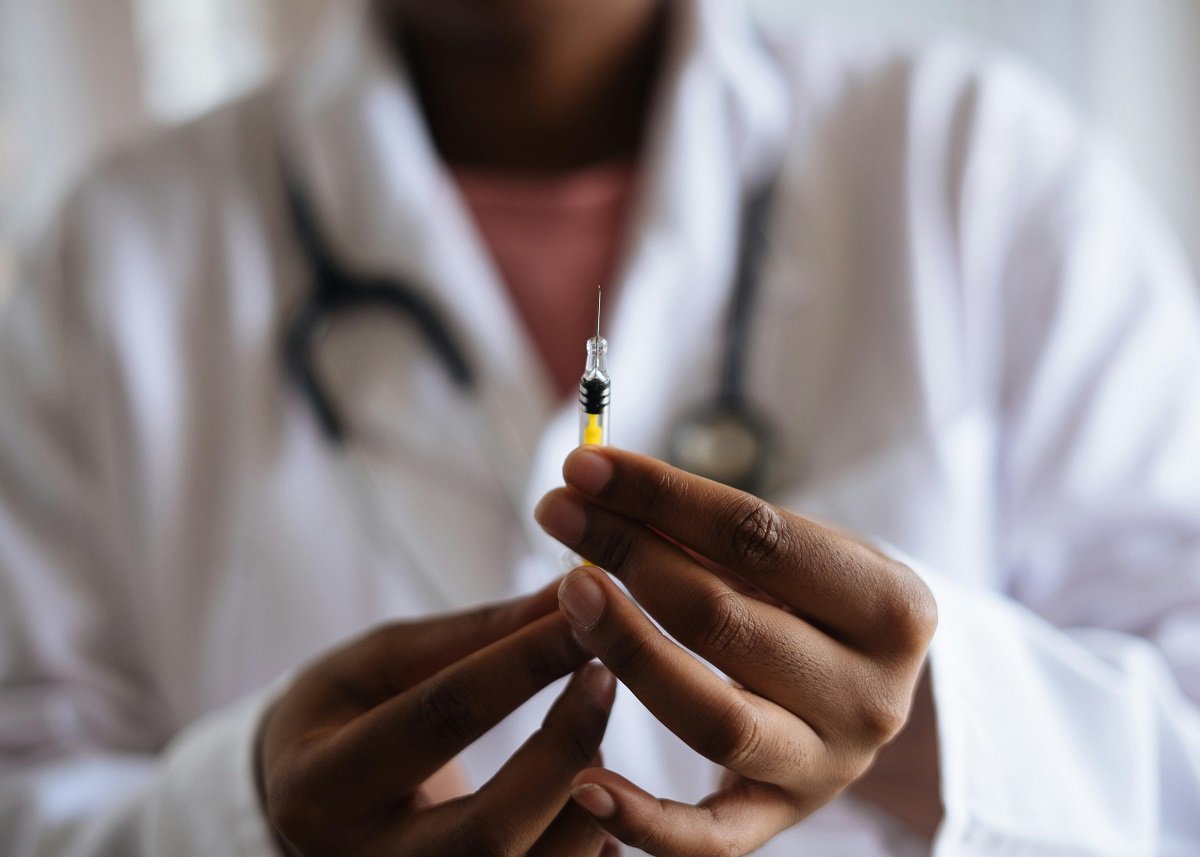Supporting Cancer Recovery and Recurrence Prevention with Homeopathy
In the journey beyond cancer treatment, recovery and prevention of cancer coming back are very important for ensuring a patient’s long-term health and a good quality of life. Homeopathy, with its unique approach, has become a supportive measure for many individuals navigating this path. Understanding how homeopathy can help in these critical stages is vital for those seeking alternative and complementary therapies.
Role of Homeopathy in Cancer Recovery
Cancer recovery involves restoring physical health, emotional balance, and overall wellbeing after treatments like surgery, chemotherapy, or radiation. Homeopathy works on the principle of ‘like cures like.’ This means it uses tiny, highly diluted doses of natural substances that, in larger quantities, would produce symptoms similar to those being treated.

In the context of cancer recovery, homeopathic treatment may be personalized to address lingering side effects from conventional treatments, boosting vitality, and helping the body’s natural healing abilities.
Preventive Aspects of Homeopathy Against Cancer Recurrence
Preventing cancer recurrence (cancer coming back) is an essential part of post-treatment care and deeply concerns patients and healthcare providers. While homeopathy does not claim to cure cancer, its role in supporting the body’s immune function is where its potential lies. By promoting the body’s natural defense mechanisms, homeopathy can be considered part of a broader strategy to maintain health and prevent disease.
Evidence and Research on Homeopathy in Cancer Care
Research on homeopathy’s effectiveness has been a topic of debate. However, some studies suggest that homeopathy might have a place in supportive care. A study mentioned in the ‘Journal of Oncology’ suggests that certain homeopathic remedies could help alleviate chemotherapy-induced side effects such as fatigue, anxiety, and sleep disturbances. Moreover, many patients have reported improvements in their quality of life when homeopathy was used alongside conventional treatment.
Integrating Homeopathy with Conventional Cancer Follow-up
It is crucial that homeopathic treatment is considered as part of an integrative approach. Communication between the oncologist, the general practitioner, and the homeopath ensures that each treatment complements the other, and the patient’s safety is always prioritized. Homeopathy should not replace conventional methods like scans, blood tests, and physical exams that check for possible signs of cancer coming back.
Tailoring Homeopathic Therapies to Individual Needs
Homeopathic therapies are inherently individualized. A homeopath will consider not just the physical symptoms but also the mental and emotional state of the patient, their personal history, and how they uniquely experience their symptoms. This personalized approach can be particularly comforting to those who have undergone the often impersonal experience of aggressive cancer treatments.
Conclusion
In conclusion, while homeopathic treatment should not be seen as a standalone treatment for cancer or a guaranteed method of prevention, it can offer supportive benefits during the recovery process and potentially contribute to a holistic strategy against recurrence. It’s essential that individuals approach homeopathy with a clear understanding of its capabilities and limitations, and always consult their healthcare team. As research evolves, the role of homeopathy in oncology (cancer care) may become clearer, and potentially, an evidence-based component of integrative cancer care.
More Blogs
Homeopathy for IBS and Crohn’s Disease
Digestive disorders such as Irritable Bowel Syndrome (IBS) and Crohn's Disease can significantly impact the quality of...
Enhancing Recovery from Surgery with Homeopathic Remedies
Recovery after surgery can be a significant phase, challenging both physically and mentally. While conventional...
Homeopathy for Reducing Radiation-Induced Fatigue in Cancer Care
Cancer treatments like radiation therapy can often lead to significant side effects, including fatigue. Patients...




